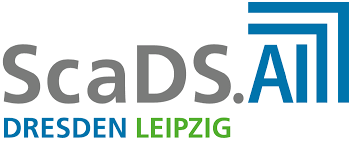Microarrays make it possible to monitor the expression of thousands of genes in parallel thus generating huge amounts of data. So far, several databases have been developed for managing and analyzing this kind of data but the current state of the art in this field is still early stage. In this paper, we comprehensively analyze the requirements for microarray data management. We consider the various kinds of data involved as well as data preparation, integration and analysis needs. The identified requirements are then used to comparatively evaluate eight existing microarray databases described in the literature. In addition to providing an overview of the current state of the art we identify problems that should be addressed in the future to obtain better solutions for managing and analyzing microarray data.



